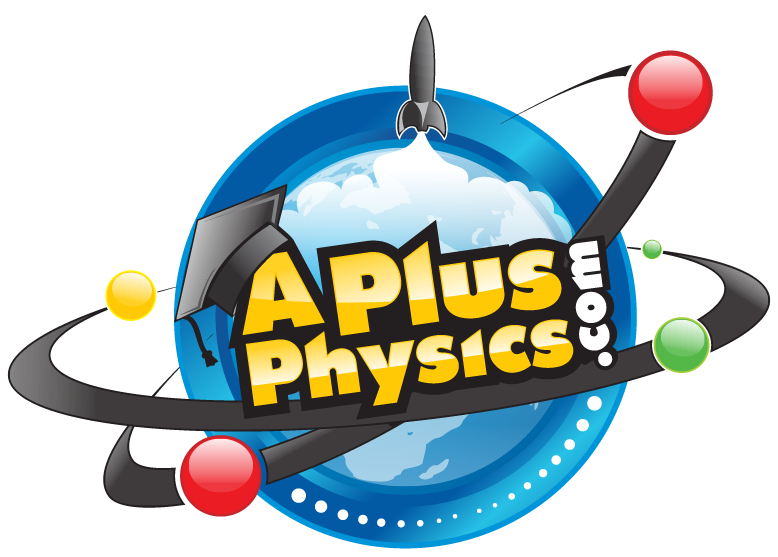
Your mother is so fat, men are actually attrracted to her, according to General Relativity
Many people espouse the works of Renee DesCartes without reference to the pioneering works of the Dutch naturalist Evander DeHoorst. As such, they tend to put DesCartes before DeHoorst.
Time flies like an arrow. Fruit flies like a banana.
Einstein on Divorce: "All things are relative. All relatives are things. My relatives took all my things."
Two archaeologists are standing before a gigantic, fallen statue in the desert (See: "Ozymandias" by Percy Bysshe Shelley). One archaeologist says to the other "A great civilization must've made this." His colleague replies "But what brought them down?"
Suddenly, the statue comes to life, rises and replies "I got knocked over."
"Ah," responds the first scientist, "it only stands to reason."
As part of the standard curriculum in a pre-med college, the
students had to take a difficult class in physics. One day, the
professor was discussing a particularly complicated concept. Part
way through the class, a student rudely interrupted to ask, "Why do
we have to learn this stuff?"
"To save lives," the professor responded quickly and continued the
lecture.
A few minutes later, the same student spoke up again. "So how does
physics save lives?" he persisted.
"It usually keeps idiots like you out of medical school,"
replied the professor.
- Read more...
- 3 comments
- 1,045 views

